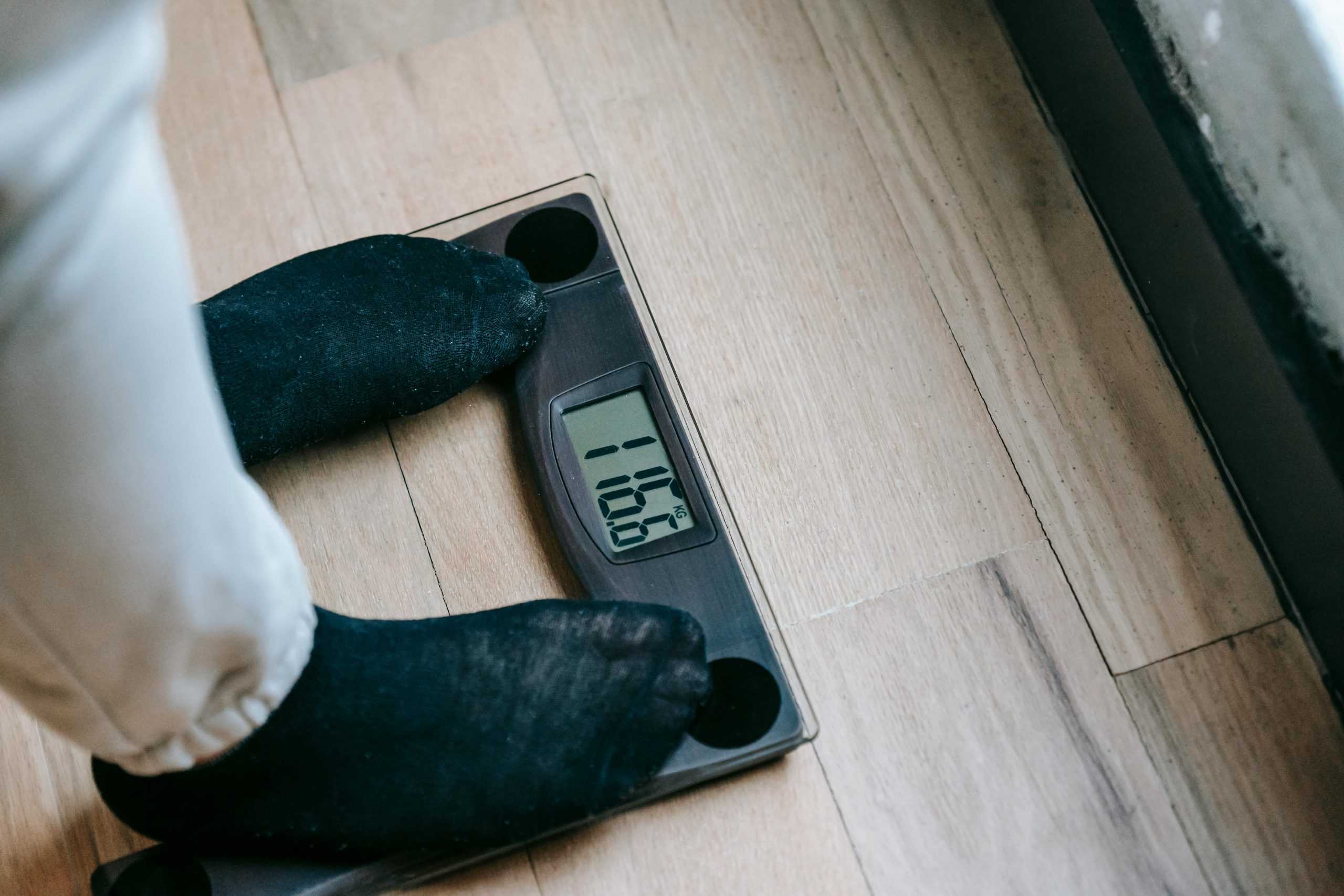If you’re in your 40s or early 50s and dealing with more frequent or intense headaches, hormones might be to blame.
Perimenopause, the transitional phase before menopause, can bring on a lot of changes, including headaches that feel different from the ones you may have had in the past.
At Optimize Integrative Health, we take a personalized approach to help you understand what’s going on and what you can do about it.
Let’s talk about why perimenopause headaches happen, what they feel like, and how we help you find real relief.
What Are Perimenopause Headaches?
Perimenopause headaches are often caused by shifting hormone levels, especially changes in estrogen.
These hormonal headaches can show up in a few different ways:
- Migraines that come with nausea or light sensitivity
- Tension headaches that feel like pressure across your forehead or neck
- Cluster headaches that are intense and focused around one eye (less common)
What makes them different from regular headaches is how they often show up alongside other symptoms like fatigue, mood swings, or night sweats.
That’s your body telling you this is about more than just stress or dehydration.
What Causes Headaches During Perimenopause?
Hormonal fluctuations are a big reason, but they’re not the only factor.
These headaches are often tied to several overlapping issues like:
- Trouble sleeping or frequent waking during the night
- Increased stress or anxiety
- Skipping meals or getting dehydrated
- Changes in caffeine intake
- Sensitivity to certain foods
- Hot flashes and night sweats disrupting sleep and recovery
If your headaches seem to come and go with your cycle, or what’s left of it, it’s likely your hormones are involved.
And if they’re showing up with other perimenopause symptoms, that connection becomes even clearer.
How Are Perimenopause Headaches Different?
Perimenopause headaches often feel more intense or unpredictable than what you’re used to.
They may last longer, respond less to your usual remedies, and seem tied to emotional swings or poor sleep.
Migraines can become more frequent or severe during perimenopause, especially as estrogen levels drop.
Some women start getting migraines for the first time during this stage.
Tension headaches, on the other hand, might become more common if you’re dealing with ongoing stress, poor posture, or disrupted sleep.
If your headaches feel new, more frequent, or harder to treat, it’s time to take a closer look.
When Should You Talk to a Doctor?
Not all headaches mean something serious, but some do.
You should talk to a doctor if:
- You’re getting headaches that come on suddenly or feel unusually intense
- You’re seeing visual changes, feeling dizzy, or having trouble speaking
- Your headaches are waking you up at night or interfering with your work or relationships
- The pain keeps getting worse or isn’t helped by over-the-counter medications
Whether it’s hormone-related or not, ongoing headaches shouldn’t be ignored.
We’re here to help you figure out what’s happening and what to do next.
How We Help at Optimize Integrative Health With Perimenopause
At Optimize Integrative Health, we take a functional, whole-body approach to perimenopause relief, including help with headaches.
We don’t guess.
We test.
Our advanced hormone panels help us understand exactly where your levels are and what might be triggering your symptoms.
Then we build a personalized plan based on your unique needs, which may include:
- Bioidentical hormone therapy to stabilize estrogen and reduce hormonal headaches
- Nutritional and lifestyle support to address sleep, stress, and inflammation
- A functional medicine approach that looks at your body as a whole, not just one symptom at a time
- Concierge-level access, so you don’t have to wait weeks to be seen
We offer same-day appointments, unlimited communication, and expert care that’s built around your life.
It’s perimenopause relief that’s actually built for women in this stage of life.
If you want to learn more about our approach to perimenopause, contact us today!
Treatment Options for Perimenopause Headaches
Let’s look at some treatment options for perimenopause headaches:
Medical Options
When it comes to medical care, we have tools that can help right away:
- Hormone therapy (HRT) to balance estrogen and reduce headache frequency
- NSAIDs and triptans to manage pain during acute episodes
- Newer migraine treatments like CGRP inhibitors for chronic symptoms
Functional and Lifestyle Support
Sometimes relief comes from small changes that make a big impact:
- Supporting your diet with magnesium, omega-3s, and key vitamins
- Staying hydrated and eating balanced meals to avoid blood sugar dips
- Moving regularly, walking, yoga, and gentle strength training can help reduce stress
- Prioritizing good sleep with consistent routines and calming habits
Integrative Therapies
We also explore natural and supportive therapies that work alongside traditional treatments:
- Acupuncture for migraine relief and energy balance
- Mindfulness and breathwork to lower stress and regulate your nervous system
- Supplement guidance tailored to your needs
We combine these tools to create a plan that works for your body, your life, and your goals.
At-Home Tips for Managing Perimenopause Headaches
If you’re looking for ways to get started at home, try these:
- Keep a headache diary to track when they happen and what may trigger them
- Drink plenty of water throughout the day
- Avoid skipping meals—low blood sugar can trigger or worsen headaches
- Try 10 minutes of deep breathing or meditation before bed
- Set a consistent sleep schedule, even on weekends
Small changes can make a big difference when they’re done consistently.
Conclusion: Perimenopause Headaches
You don’t have to live with daily headaches or wonder if it’s “just stress.”
If you’re in perimenopause and dealing with frequent headaches, we can help you find answers and real relief.
At Optimize Integrative Health, we offer personalized, functional care built around your body, your needs, and your timeline.
Ready to take the next step?
Schedule your consultation today and let’s get you feeling like yourself again.
FAQs: Perimenopause Headaches
How do you treat perimenopause headaches?
Perimenopause headaches are treated by addressing the underlying hormone changes. This may include hormone therapy, magnesium or vitamin supplementation, lifestyle changes like improving sleep and hydration, and stress management techniques. At Optimize Integrative Health, we also use advanced lab testing to guide a personalized treatment plan.
What do perimenopause headaches feel like?
Perimenopause headaches often feel more intense or persistent than regular headaches. They may show up as migraines with light sensitivity and nausea, or as tension headaches that cause a tight, pressing sensation across the forehead, temples, or back of the neck. They often coincide with hormonal symptoms like fatigue or mood swings.
What does a hormone headache feel like?
A hormone headache is typically triggered by shifts in estrogen levels. These headaches can feel like throbbing migraines, come on before your period, or worsen with stress and poor sleep. They may be harder to treat with over-the-counter medication and often show up alongside other hormonal symptoms.
What vitamins are good for perimenopause headaches?
Vitamins and supplements like magnesium, vitamin B2 (riboflavin), omega-3 fatty acids, and CoQ10 may help reduce the frequency and intensity of perimenopause headaches. Always talk to a healthcare provider before starting new supplements, especially during hormonal transitions.
How do I know if I’m in perimenopause?
Signs of perimenopause include irregular periods, hot flashes, mood swings, trouble sleeping, brain fog, and increased headaches. Blood testing can help identify shifting hormone levels, but symptoms are often the first clue. If you’re over 40 and noticing these changes, it’s worth exploring with your doctor.
Does perimenopause affect sleep?
Yes, perimenopause often disrupts sleep due to hormonal fluctuations, night sweats, anxiety, or changes in melatonin production. Poor sleep can make other symptoms worse, including headaches. Addressing the root hormonal causes can help improve sleep quality and overall well-being.




